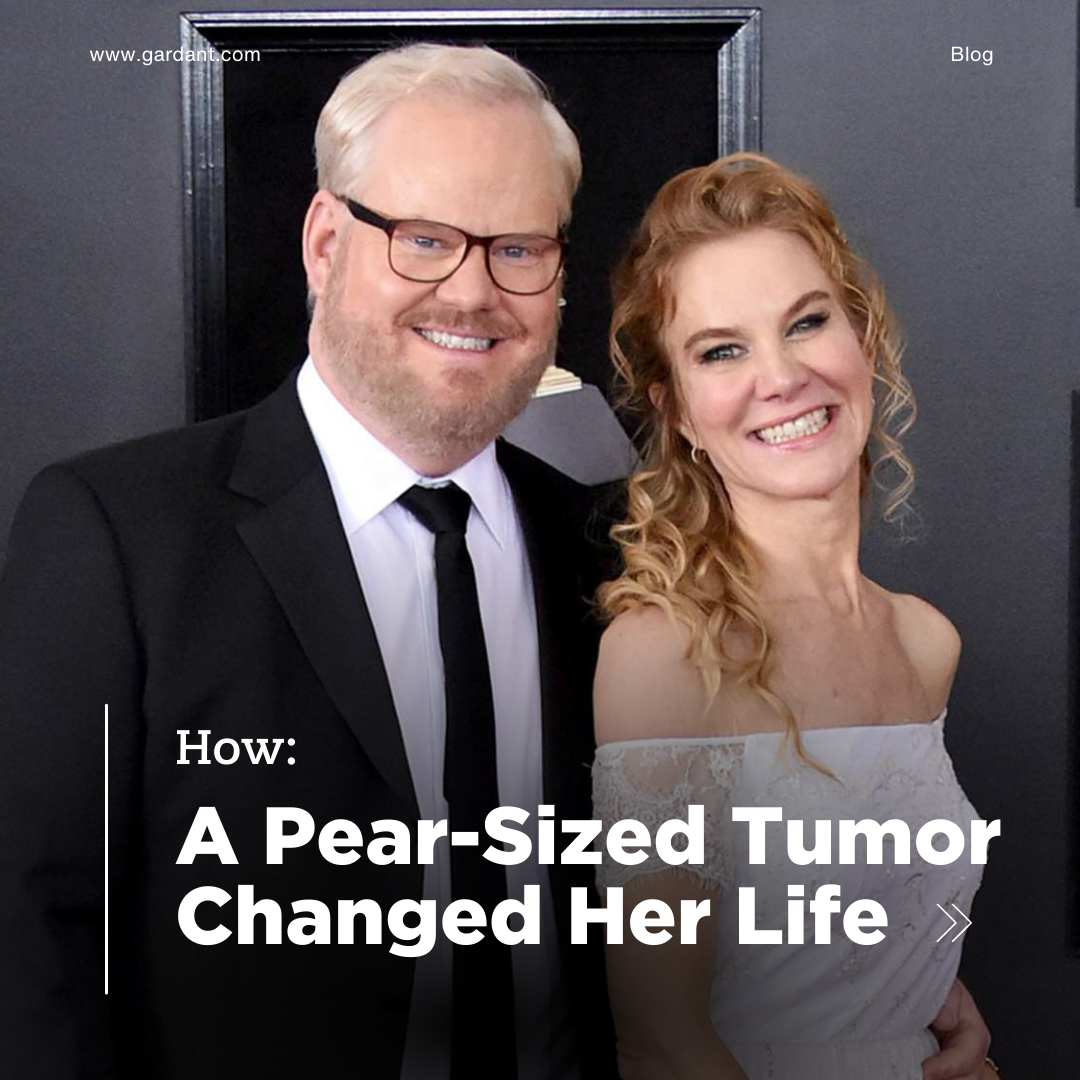By Rick Banas of BMA Management, Ltd.
The presentation last week by Steve Darnall on “The Golden Age of Entertainment” certainly brought back many wonderful memories for those in attendance at the Heritage Woods assisted living community that we manage in Huntley, Illinois.
Steve is the producer and host of the “Those Were the Days” radio program that is broadcast on Saturday afternoons on WDCB-FM 90.9.
Steve played excerpts from a variety of radio shows.
A sample of Bob Hope in 1938, who was able to tell three jokes and get five laughs in just 30 seconds.
A segment from a Jack Benny radio show, demonstrating how nobody could do silence on the radio better than Jack Benny. Jack and his writers are widely credited with having created the modern situation comedy with the show.
A bit from The Shadow. “Who knows what evil lurks in the hearts of men.” Of course, the Shadow knew.
He reminded us that soap operas premiered on the radio. The Guiding Light, for instance, was first broadcast as an NBC radio serial in January 1937. The show is considered to be the longest running drama to run on radio and television. The final episode aired in September 2009.
The reason the shows are called “soap operas,” Steve noted, is that they were sponsored by soap companies. The Guiding Light, for instance, was sponsored by Procter & Gamble. Many of the soap operas were broadcast from places such as the Merchandise Mart and the Tribune Tower in Chicago.
What I found even more fascinating were Steve’s comments about how “radio changed everything.” It provided a new and immediate way to disseminate information.
In doing some additional research on the Internet, I discovered that early on radio was dominated by large corporations and newspapers and that few stations sold advertising. Newspapers owned and operated radio stations to sell newspapers and express their opinions (back in those days, newspapers proudly proclaimed their bias). Manufacturers and department stores owned and operated radio stations to generate publicity and sell their products. In Chicago, for instance, the Chicago Tribune owned WGN. The call letters stand for World’s Greatest Newspaper. The Sears-Roebuck Company operated WLS. The call letters stand for World’s Largest Store.
Before radio, Steve told those in attendance, if you wanted to listen to a live musical performance, you had to stand next to somebody who was playing a musical instrumental. With radio, you could tune in to hear the Metropolitan Opera from New York City, Barn Dance, the Grand Ole Opry as well as the emerging world of “jump and swing.”
Now, it was possible for people around the country to hear the same performer at the same time. People will able to share the same experience.
A big part of the Magic of Radio was that it made the audience active participants. Radio could only give listeners the sounds; the rest was up to the listeners. Sound needed to be used to create pictures in the minds of the listener and convince the audience that they were “seeing” something that was not there.
This was an era when dial phones were a luxury; there was no Internet and barely any TV; and if you were working on a computer, you were probably in the basement of the Pentagon.
Steve says he discovered his interest in the Golden Age of Radio at the age of 12 when he was driving with his father, Jack, who was an attorney in Franklin Park, Illinois. His father turned the radio dial to Chuck Schaden’s broadcast of “Those Were the Days” and he heard Fibber McGee and Molly. He says his work provides him with the opportunity to indulge his fascinations with U.S. History and popular culture.
In addition to Saturday afternoons on WDCB, Steve hosts Radio’s Golden Age on the Internet from noon to 2p.m. on Sundays at yesterdayusa.com and publishes the Nostalgia Digest nostalgiadigest.com
All affordable assisted living communities managed by BMA Management, Ltd. are certified and surveyed by the Illinois Department of Healthcare and Family Services. All assisted living communities are licensed and surveyed by the Illinois Department of Public Health.
“BMA Management, Ltd. is the leading provider of assisted living in Illinois
and one of the 20 largest providers of assisted living in the United States.”
What are your thoughts? Leave a comment and let us know.



